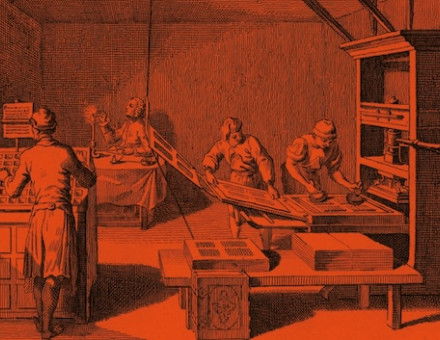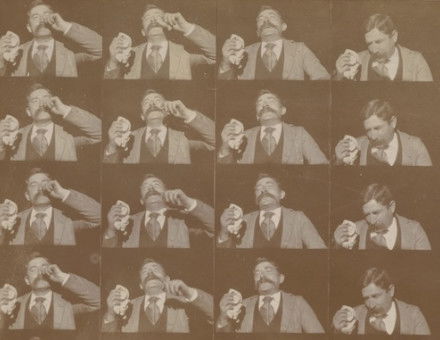The Changing Face of 19th-Century Britain
Gareth Stedman Jones argues that an exciting revaluation of narrative analysis of the 'workshop of the world' is on the way through the political and intellectual upheavals of the 1980s.
It is evident that the fall of Communism and the conclusion of the Cold War have not brought history to an end. But what has been undermined, perhaps now irretrievably, is a way of organising the narrative of modern history, which, until recently, dominated the imagination of historians and social scientists. In this scenario, history since the end of the eighteenth century was to be understood primarily as the unravelling of a single process, the process of modernisation, rationalisation and secularisation. This process was I carried forward irresistibly by the advance of industrialisation, and was transmitted through the impact of the world-market upon traditional societies.
Viewed from this angle, political history from the French Revolution onwards became little more than a sequence of' successful or unsuccessful adjustments to these inexorable forces of social change. The crucial agents of change in this transition were not organisations, institutions or specific forms of practice or belief, but broad social classes and functionally defined groups – workers and peasants, large and small capitalists, traditional and modernising elites.





